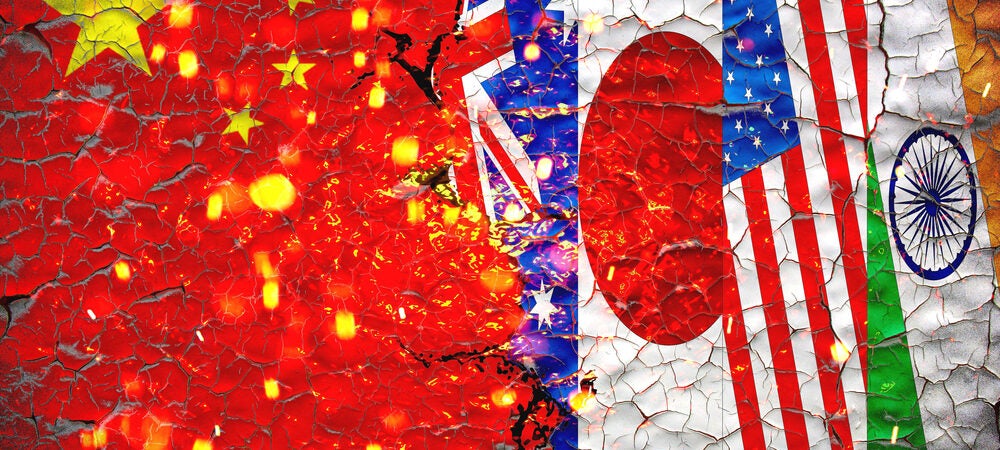Globalization arrived as a giant paradoxical force that created enormous wealth (particularly for those with stock portfolios), brought millions of developing-world citizens out of poverty, but in the West led to economic hardship among working-class families. According to this view, U.S. politicians in the 1990s made a mistake in giving the premature green light to China’s entry into the World Trade Organization. China’s failure to play by the rules gradually undermined globalization’s political credibility. Now a deglobalization movement is in full force.
China’s representatives respond that they are being unfairly blamed for a failure by American plutocratic elites to protect their working class. Western experts in global finance and trade became what economist Rob Johnson calls “marketing agents for the wealthy and powerful,” not unbiased experts shedding the light of their wisdom. Chinese leaders counter that they had no power or influence over U.S. distributional failures in the adjustment to globalization particularly when, at the starting gate, the per capita income of China was one-fortieth that of the United States. Why, they say, wasn’t China named by the U.S. Treasury as a currency manipulator? Because Walmart, Nike, and other Western corporate giants lobbied to keep the Chinese currency relatively weak. Beijing argues that American corporate selfishness, protected by a compromised meritocratic elite, caused economic injury to so many American working families, not the rise of the Chinese economy. Do you buy the Chinese analysis? Or is this just “spin” given the Chinese by their ubiquitous Washington, D.C., political advisers?
Twenty noted observers offer their views.
TIE_Su22_ChinaGlobalizationSympTo read the full symposium, please click here.

